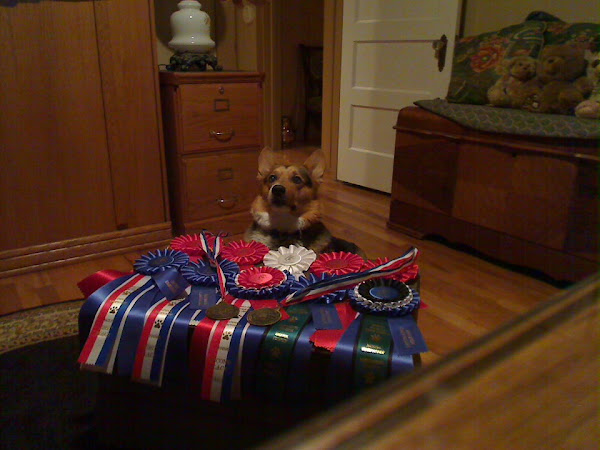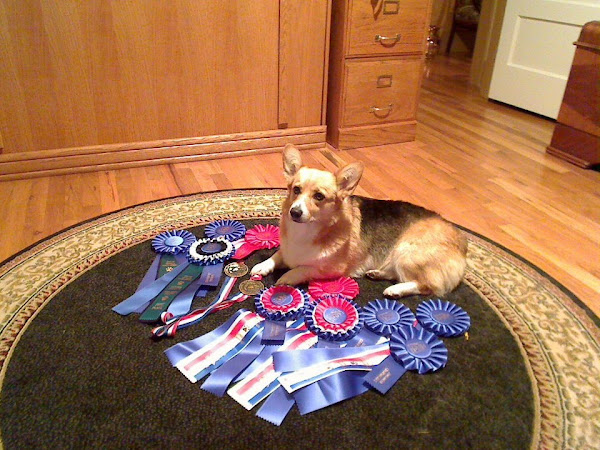
Dogs are more likely to run away due to relocation. So while a family is busy unpacking at a new home, they are to busy to notice the stress signs of their dog.
During this transition be sure to be mindful of your dogs signs of stress: Not eating, laying down away from everyone, not wanting to play, or acting timid.
Upon my move of 750 miles, my corgi "Joe" when I let him outside, Joe would lay in the middle of the yard away from the fence line in fear of the new surroundings.
Avoid the stress by offering the dog some of their favorite toys or treats while in their new environment. Keep the dog close by for the first several days. Strange new noises can startle the dog into a flight reaction, which causes the dog to run away. Introduce the dog to the new surroundings before unpacking, so you can observe the dogs reaction, and offer the dog assurance when needed. Walk the dog around the outside perimeter and treat the dog while doing this exercise. Follow the same ta tic for the interior of the new home. Keep walking and treating until you notice the dog is relaxed.
I teach a 3 -way process of recalls, which teach the handler of how to interact with their dog and be more fun / exciting than other outside distractions. One of the recall methods I teach offers an emergency call, which develops a strong bond between handler and dog.
Practicing recalls 3 times a day for 5 minutes is all that is necessary for creating a stronger "recall" for your dog. Practice recall training often, even if you have a veteran dog.


